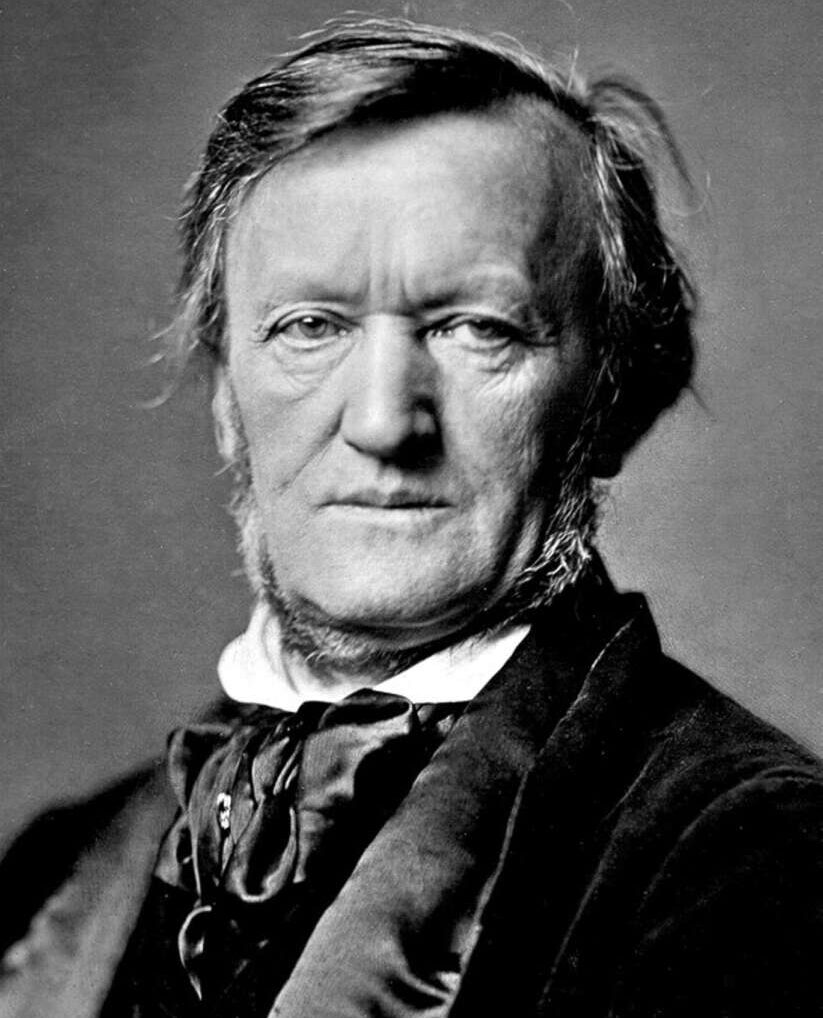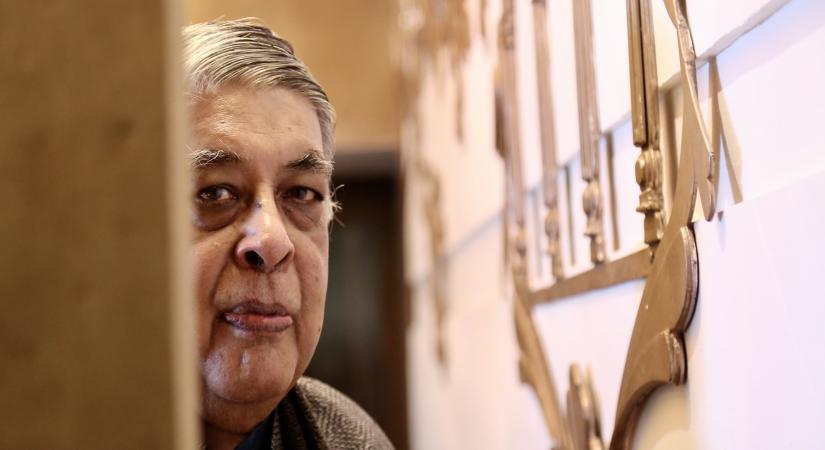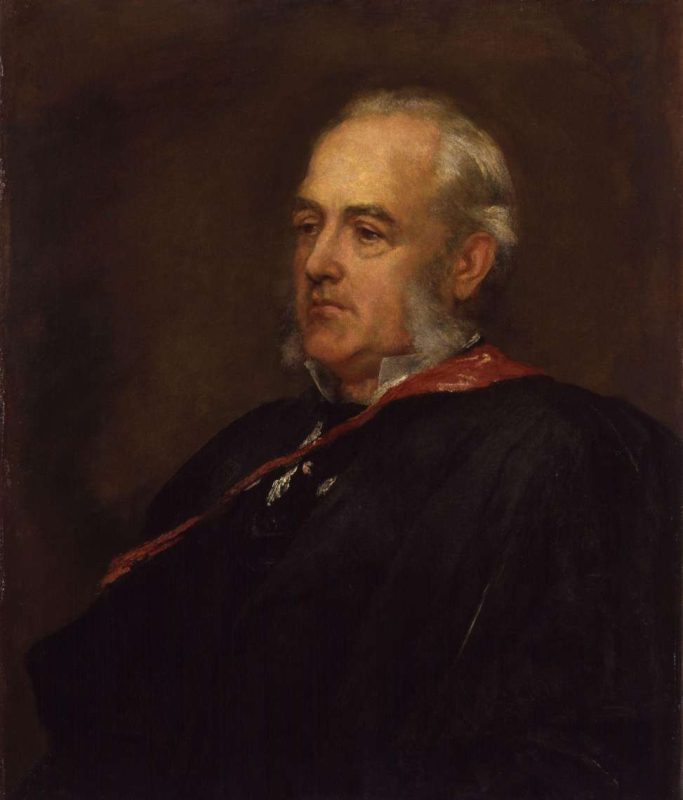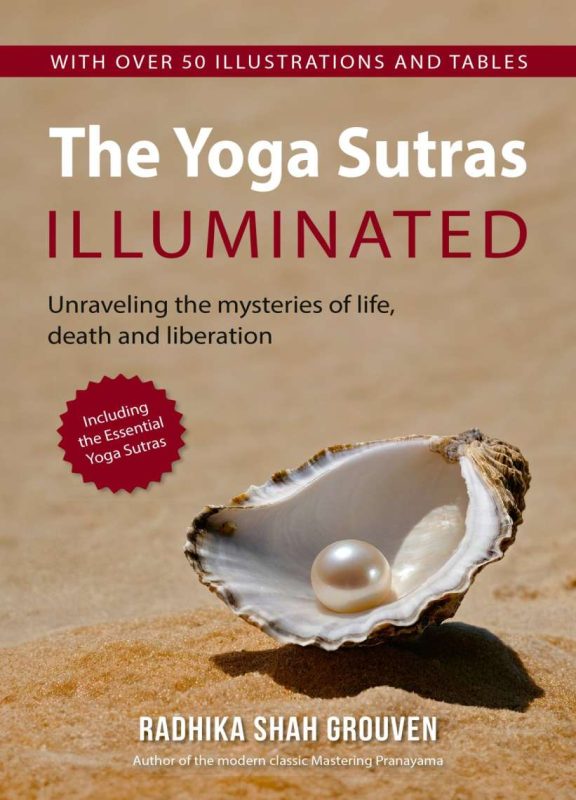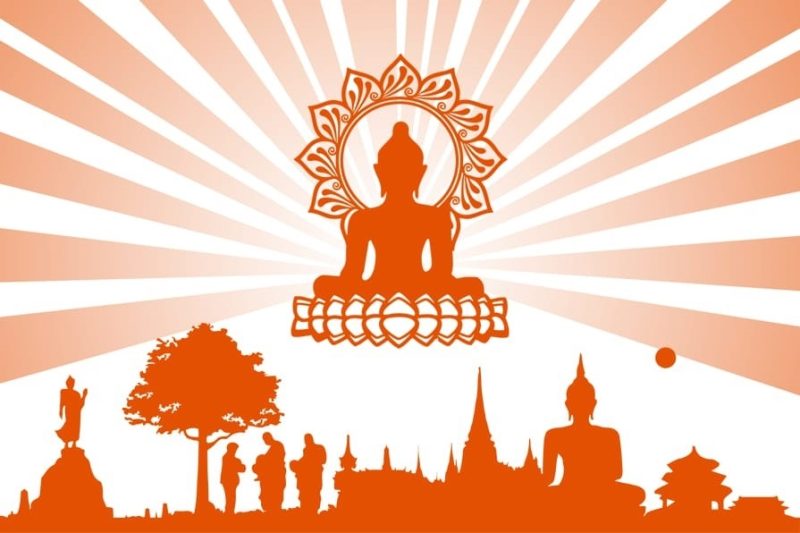By Dilip Roy FRAS
One of the lessr known sources of Richard Wagner’s aesthetic and philosophical ideas was his interest in ancient India. Among his many accomplishments, he was undeniably an Indologist, that is a student of ancient Indian texts, literature and philosophy.
German Indology has a distinct history and traditions, that sets it apart from other forms of research into India. In Germany the term “Indology” (Indologie) has been used to identify a subfield of “Oriental Sciences” specifically that part of it concerned with the study of ancient India. Richard Wagner and German thinkers of early 19th century were of strong belief that their cultural origin stems from India and that the language and mythology is one and the same. The nineteenth century German Indologists such as Humboldt, Novalis, Schelling and Friedrich Schlegel believed that Germany’s cultural origin stems from India.
The surge of Indology In the late 18th century took Germany by storm and the romance with Indian literature and philosophy blossomed and by the end of 19th century Germany produced more Sanskrit scholars than the whole of Europe put together. One of the leading authority of Sanskrit at Leipzig university, was professor Hermann Brockhaus (1806-1877) who happened to be a brother in law of Richard Wagner. Both of them would meet on occasions to discuss various aspects of Indian philosophy. By 1903 in Germany there were forty full time professors of Aryan studies the major component being Indology (study of ancient Indian texts, literature and philosophy) during this period Wagner came across the German translations of Indian epic Mahabharata and Panchatantra (Indian folk tales) According to Wagner Mahabharata was and is the greatest poem ever composed.
Wagner in one of his major prose works “Die Wibelungen” published in 1848 states that entire European race including that of the Nibelungs originates from India. According to Wagner, Bhagvad Gita is the most advanced philosophy in comparison to the Greeks who sees things materialistically. Wagner in many of his prose works cites India as the cradle of civilization, origin of the Nibelungs and mother of all languages. He even attributes Greek and Roman origins to India. Wagner also says that Indian Kshatrias are actually ancient Germans (Cosima Wagner Diaries volume one). Wagner also writes to his friend August Roeckel published 1897 states that Christianity has it’s origins in India.
Wagner in his epic The Ring Cycle he makes use of Hindu concept called Rasa an aesthetic which derives from Natyashastra a Sanskrit treatise on Dance, Drama and Music (2nd century BCE) which has eight different emotions which Wagner has used successfully in his opera THE RING CYCLE and this also inspired his writings of Gesantkunstwerk (Total Work of Art) Wagner has used many Hindu concepts in his operas such as Lohengrin and Tristan and Isolde particularly the philosophy of Upanishad (1500 BC) the philosophy was translated by French Indologist Anquetil Duperron in Latin (1801-2) which formed the basis of Schopenhauer’s knowledge of Indian thought and ultimately went on to influence Richard Wagner.
Richard Wagner’s fascination with Indian classical literature and philosophy began long before he came under the spell of Schopenhauer. However, in his autobiography “My Life” Wagner states that the book which inspired him most was Schopenhauer’s Vedantic philosophical epic work The World as Will and Idea he read it four times in it’s entirety and wrote to his friend Franz Liszt saying it came to him as gift from heaven and it is the philosophical concept that he has used in his last three operas including Tristan, Lohengrin, Meistersinger and Parsifal. Sequel to his “My Life” is the Brown Book published between (1865-1882) in which he describes the book Ramayana the hero as a supreme devine lord who hails frm the land of Ganges who has no equal.
Richard Wagner was also greatest admirer of the work of India’s greatest classical Sanskrit poet and dramatist KALIDASA (first century BCE) at one point he even thought of setting one of Kalidasa’s play into an opera. Richard Wagner was undeniably a thorough Indologist and his last opera Parsifal and is considered fifth and final opera of the Ring Cycle the views held by some Wagnerian scholars. Richard Wagner was a genius who combined all the faculy of arts not mention his important writings such as Artwork of the future, Opera and Drama, Pilgrimage to Beethoven and Religion and Art.
A noted 19th century German Indologist Adolf Holtzmann (1810-1870) also the author of Indische Sagen. A three volume publication on Indian legends articulated his thesis on German epic The Nibelungelied in which he claimed that, just as the three epic people we know of, Indians, Greek and the Germans were originally one people so were the language and mythologies the same he also looked for concrete parallels between the Indo-Germanic traditions. Setting from his ideas of a common Indo-Germanic heroic tradition.
POSTSCRIPT: Richard Wagner, besides being a composer, librettist and a poet, was also a prolific writer of essays and prose works and a philosopher in his own right. He remains the most discussed and written about artist to date. Unless someone else of his stature comes along to change, Wagner’s status as a supreme European artist and a polymath will remain paramount on the cultural map of the world. Of additional interest there is a large programme booklet Bayreuther Festspiele 1994 it has fourteen page article on Wagner’s India which would be of great interest to Wagner enthusiasts.
“There are three different types of people who take interest in me, if I am correct; those who know my music, (and they are rare), those who do not know but love it and those who hate it without knowing it.”
Richard Wagner
Dilip Roy is an ardent Wagner enthusiast and avid admirer of Wagner’s operas and prose works and also a Fellow of Royal Asiatic Society of Great Britain and Ireland. Dilip is also an Indo-German cultural enthusiast and like most Germans he also admires India’s classical culture and its contribution to the world.
ALSO READ- RAMAYANA and Richard Wagner by Dilip Roy
READ MORE- WAGNERISM in the 21st Century, A Book Review by Dilip Roy


